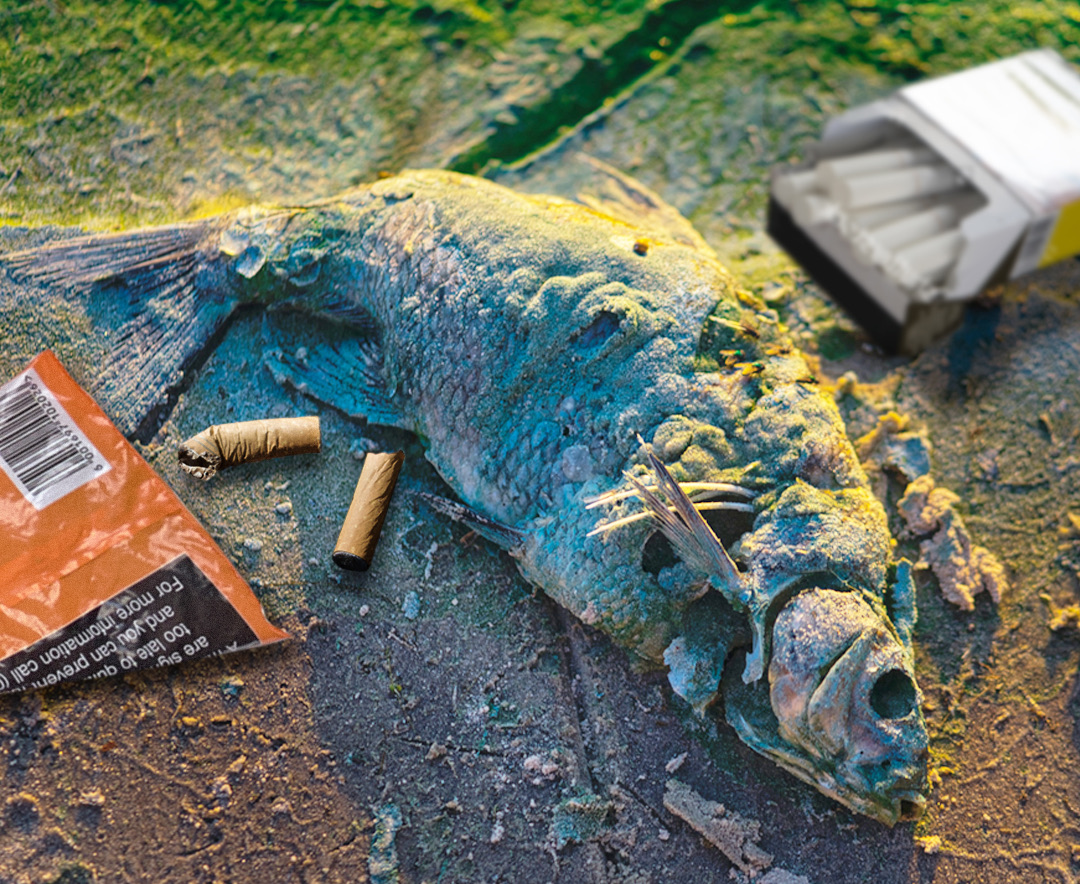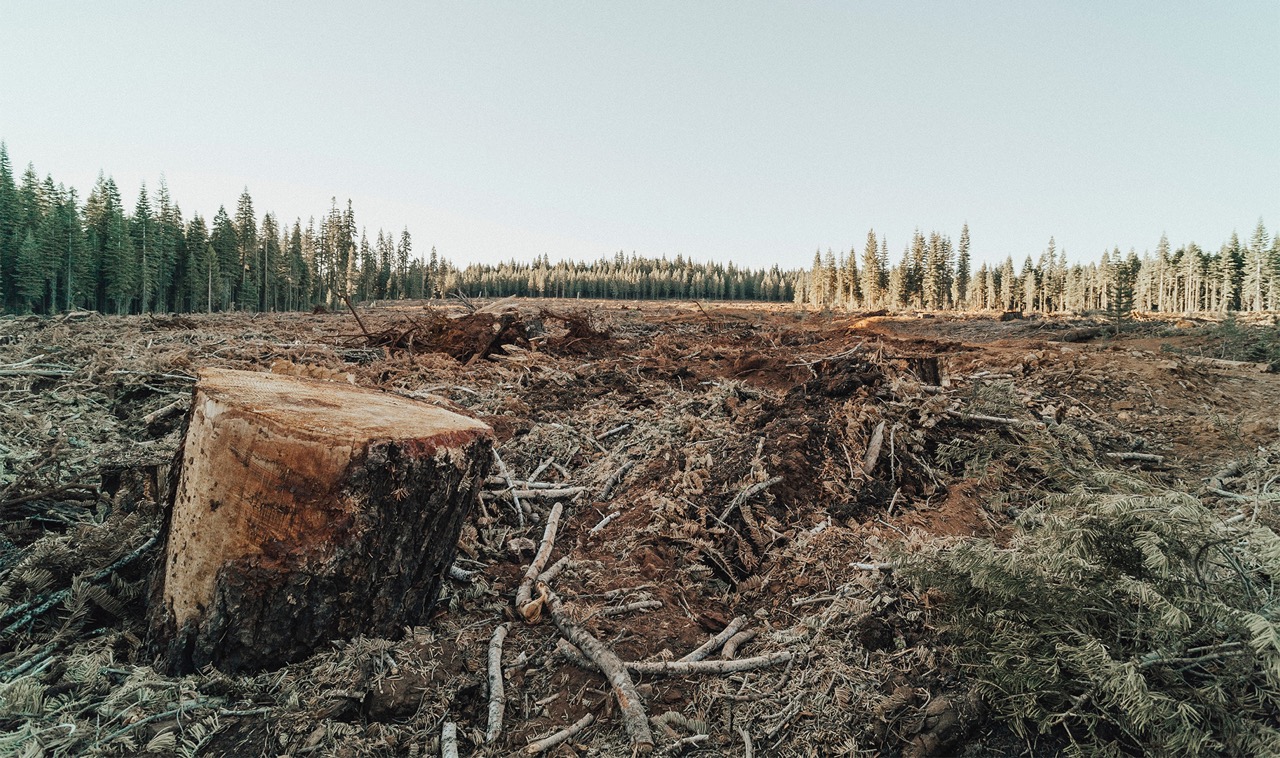
WHO and UNEP work jointly to put an end to tobacco’s harmful impact on our environment
31 May 2022 | On this World No Tobacco Day, the World Health Organization (WHO) Regional Office for the Eastern Mediterranean and United Nations Environment Programme (UNEP) are calling on governments and individuals to put an end to tobacco growing, manufacturing and use. Tobacco kills over 8 million people every year and destroys our environment, further harming human health, through its cultivation, production, distribution, consumption, and post-consumer waste.
"The harmful impact of tobacco on our environment is vast and growing” says Dr Ahmed Al-Mandhari, WHO Regional Director for the Eastern Mediterranean. “It is adding unnecessary pressure to our planet’s already scarce resources and fragile ecosystems”. Tobacco growing, manufacturing and use poison our water, soil, beaches and city streets with chemicals, toxic waste, cigarette butts, including microplastics, and e-cigarette waste. 600 million trees are chopped down to make cigarettes. 84 million tonnes of carbon dioxide emissions are released into the air, raising global temperatures. 22 billion litres of water are used to make cigarettes.
The tobacco industry
Deceitful tactics are also being used by the tobacco industry to “greenwash” its reputation and portray itself as a sustainable and eco-friendly industry. These tactics are used to hide the fact that tobacco farming, production, consumption, and use are detrimental to both the surrounding environment as well as the health of farmers and tobacco users. With an annual greenhouse gas contribution of 84 megatons carbon dioxide equivalent, the tobacco industry contributes to climate change and reduces climate resilience, wasting resources and damaging ecosystems.
“It is therefore essential to raise awareness on the tobacco industry’s contribution to the triple planetary crisis, not only on this day, but every day” says Sami Dimassi, UNEP Representative and Regional Director for West Asia. “We need to act now and at all levels. Let’s start today on World No Tobacco Day and keep going to World Environment Day on 5 June where we focus on #OnlyOneEarth and living sustainably in harmony with nature. These days and beyond are opportune platforms for all of us to speak out and expose the tobacco industry”.

Tobacco growing
Around 3.5 million hectares of land are destroyed for tobacco growing each year. Growing tobacco contributes to deforestation, especially in the developing world. Deforestation for tobacco plantations promotes soil degradation and “failing yields” or the capacity for the land to support the growth of any other crops or vegetation.
With about 90% of all tobacco production concentrated in the developing world, tobacco has an immensely uneven impact on different socioeconomic groups. In low- and middle-income countries, many farmers and government officials see tobacco as a cash crop that can generate economic growth, however, the short-term cash benefits of the crop are offset by the long-term consequences of increased food insecurity, frequent sustained farmers’ debt, illness and poverty among farm workers, and widespread environmental damage in low- and middle-income countries.
The regional framework on tobacco control
The regional framework for action on tobacco control, a road map for countries of the Region to implement the WHO Framework Convention on Tobacco Control, is central to accelerating tobacco control action. It sets out some of the strategic milestones that countries need to reach if they are to achieve the target of reducing tobacco use by 30% by 2030.
Calls-to-action
On this World No Tobacco Day:
Hold the tobacco industry accountable for destroying our environment and make them clean up the waste.
Help tobacco farmers switch to sustainable crops.
Continue to implement tobacco control measures.
Speak out and expose the tobacco industry. Countries can do so at the 27th session of the United Nations Climate Change Conference of the Parties, which will convene in November 2022 in Egypt. This is the first time the Region will host this conference, making it an opportune platform for countries to shed some light on the threat tobacco exacts on human health and the environment.
Quit tobacco to save our environment.
Contact us
Nisreen Abdel Latif (
Sabine Sakr (


